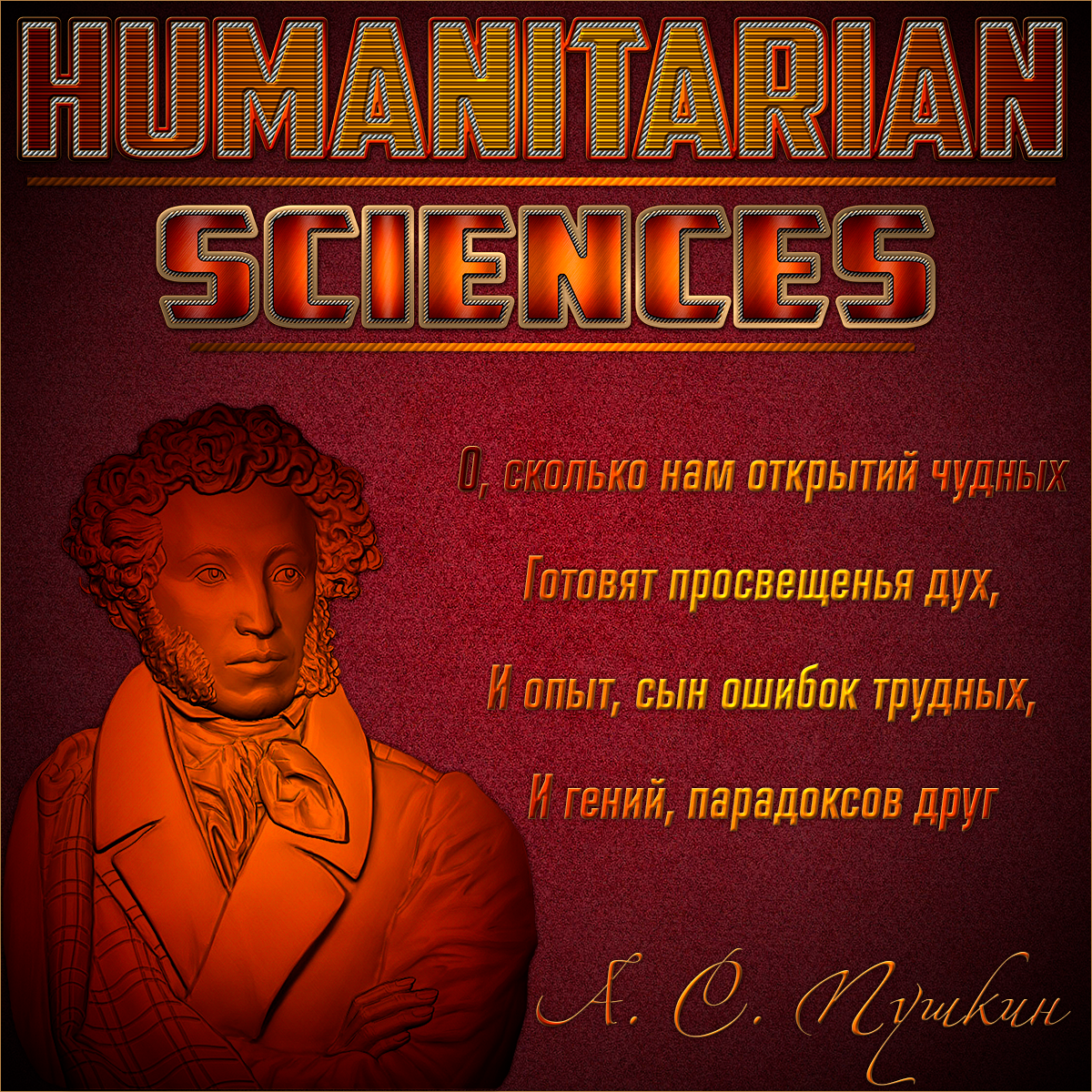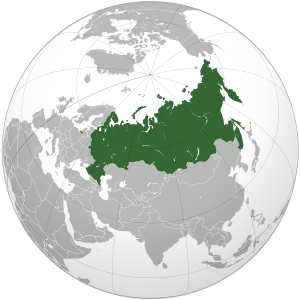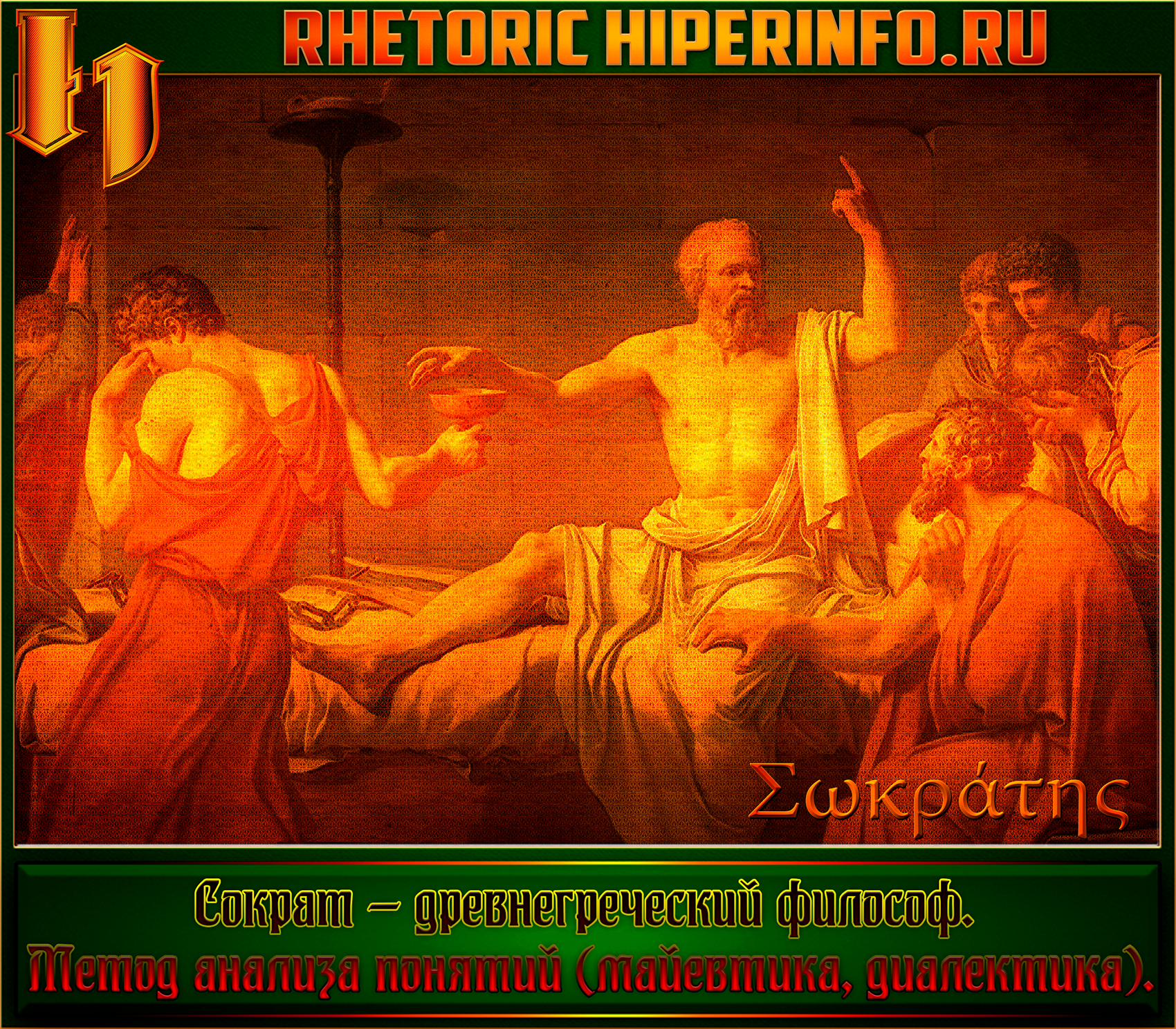- 100256 Просмотров
- Обсудить




ЧАСТНЫЕ БЕСПЛАТНЫЕ ОБЪЯВЛЕНИЯ / ПОДАТЬ ОБЪЯВЛЕНИЕ









 ГЕОГРАФИЯ. ПОЛИТИКА. ЭКОНОМИКА. ДЕМОГРАФИЯ. ЭКОЛОГИЯ. КУЛЬТУРА
ГЕОГРАФИЯ. ПОЛИТИКА. ЭКОНОМИКА. ДЕМОГРАФИЯ. ЭКОЛОГИЯ. КУЛЬТУРА
 РОССИЯ (RUSSIA)
РОССИЯ (RUSSIA)
Founded in the 12th century, the Principality of Muscovy, was able to emerge from over 200 years of Mongol domination (13th-15th centuries) and to gradually conquer and absorb surrounding principalities. In the early 17th century, a new Romanov Dynasty continued this policy of expansion across Siberia to the Pacific. Under PETER I (ruled 1682-1725), hegemony was extended to the Baltic Sea and the country was renamed the Russian Empire. During the 19th century, more territorial acquisitions were made in Europe and Asia. Defeat in the Russo-Japanese War of 1904-05 contributed to the Revolution of 1905, which resulted in the formation of a parliament and other reforms. Repeated devastating defeats of the Russian army in World War I led to widespread rioting in the major cities of the Russian Empire and to the overthrow in 1917 of the imperial household. The Communists under Vladimir LENIN seized power soon after and formed the USSR. The brutal rule of Iosif STALIN (1928-53) strengthened Communist rule and Russian dominance of the Soviet Union at a cost of tens of millions of lives. The Soviet economy and society stagnated in the following decades until General Secretary Mikhail GORBACHEV (1985-91) introduced glasnost (openness) and perestroika (restructuring) in an attempt to modernize Communism, but his initiatives inadvertently released forces that by December 1991 splintered the USSR into Russia and 14 other independent republics. Since then, Russia has shifted its post-Soviet democratic ambitions in favor of a centralized semi-authoritarian state whose legitimacy is buttressed, in part, by carefully managed national elections, former President PUTIN's genuine popularity, and the prudent management of Russia's windfall energy wealth. Russia has severely disabled a Chechen rebel movement, although violence still occurs throughout the North Caucasus.
Largest country in the world in terms of area but unfavorably located in relation to major sea lanes of the world; despite its size, much of the country lacks proper soils and climates (either too cold or too dry) for agriculture; Mount El'brus is Europe's tallest peak
Location: Northern Asia (the area west of the Urals is considered part of Europe), bordering the Arctic Ocean, between Europe and the North Pacific Ocean
Geographic coordinates: 60 00 N, 100 00 E
Area: total: 17,098,242 sq km land: 16,377,742 sq km water: 720,500 sq km
Size comparison: approximately 1.8 times the size of the US
Land Boundaries: total: 20,241.5 km border countries: Azerbaijan 284 km, Belarus 959 km, China (southeast) 3,605 km, China (south) 40 km, Estonia 290 km, Finland 1,313 km, Georgia 723 km, Kazakhstan 6,846 km, North Korea 17.5 km, Latvia 292 km, Lithuania (Kaliningrad Oblast) 227 km, Mongolia 3,441 km, Norway 196 km, Poland (Kaliningrad Oblast) 432 km, Ukraine 1,576 km
Coastline: 37,653 km
Maritime claims: territorial sea: 12 nm contiguous zone: 24 nm exclusive economic zone: 200 nm continental shelf: 200 m depth or to the depth of exploitation
Climate: ranges from steppes in the south through humid continental in much of European Russia; subarctic in Siberia to tundra climate in the polar north; winters vary from cool along Black Sea coast to frigid in Siberia; summers vary from warm in the steppes to cool along Arctic coast
Terrain: broad plain with low hills west of Urals; vast coniferous forest and tundra in Siberia; uplands and mountains along southern border regions
Elevation extremes: lowest point: Caspian Sea -28 m highest point: Gora El'brus 5,633 m
Natural resources: wide natural resource base including major deposits of oil, natural gas, coal, and many strategic minerals, timber note: formidable obstacles of climate, terrain, and distance hinder exploitation of natural resources
Land use: arable land: 7.17% permanent crops: 0.11% other: 92.72% (2005)
Irrigated land: 46,000 sq km (2003)
Natural hazards: permafrost over much of Siberia is a major impediment to development; volcanic activity in the Kuril Islands; volcanoes and earthquakes on the Kamchatka Peninsula; spring floods and summer/autumn forest fires throughout Siberia and parts of European Russia
Current Environment Issues: air pollution from heavy industry, emissions of coal-fired electric plants, and transportation in major cities; industrial, municipal, and agricultural pollution of inland waterways and seacoasts; deforestation; soil erosion; soil contamination from improper application of agricultural chemicals; scattered areas of sometimes intense radioactive contamination; groundwater contamination from toxic waste; urban solid waste management; abandoned stocks of obsolete pesticides
International Environment Agreements: party to: Air Pollution, Air Pollution-Nitrogen Oxides, Air Pollution-Sulfur 85, Antarctic-Environmental Protocol, Antarctic-Marine Living Resources, Antarctic Seals, Antarctic Treaty, Biodiversity, Climate Change, Climate Change-Kyoto Protocol, Desertification, Endangered Species, Environmental Modification, Hazardous Wastes, Law of the Sea, Marine Dumping, Ozone Layer Protection, Ship Pollution, Tropical Timber 83, Wetlands, Whaling signed, but not ratified: Air Pollution-Sulfur 94


Психология (5)\Психология (3)\Психология (2)\Психология (1)\Психология (4)
Психология (6)\Психология (7)\Психология (8)\Психология (9)\Психология (10)

МИФОЛОГИЯ
СИЛА И МУДРОСТЬ СЛОВА

ФИЛОСОФИЯ | ЭТИКА | ЭСТЕТИКА | ПСИХОЛОГИЯ | РИТОРИКА

ЛЮБОВЬ | ВЛАСТЬ | ВЕРА | ОБЛАДАНИЕ И БЫТИЕ | НИЦШЕ \ ЛОСЕВ \ СОЛОВЬЕВ \ ШЕКСПИР \ ГЕТЕ






РЕКЛАМИРУЙ СЕБЯ В КОММЕНТАРИЯХ
ADVERTISE YOURSELF COMMENT

















ПОДАТЬ ОБЪЯВЛЕНИЕ БЕСПЛАТНО
( POST FREE ADS WITHOUT REGISTRATION AND FREE )



ДОБАВИТЬ САЙТ (БЛОГ, СТРАНИЦУ) В КАТАЛОГ
( ADD YOUR WEBSITE WITHOUT REGISTRATION AND FREE )

Похожие материалы
Будь-те первым, поделитесь мнением с остальными.









